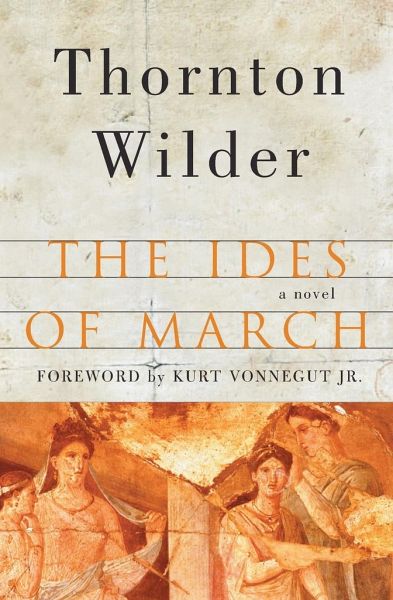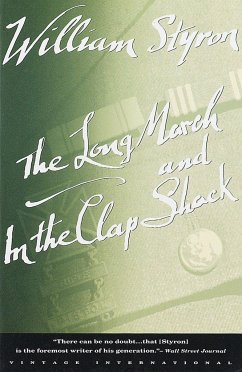
The Ides of March
Versandkostenfrei!
Versandfertig in über 4 Wochen
14,99 €
inkl. MwSt.

PAYBACK Punkte
7 °P sammeln!
"Mr. Wilder has brought to his character the warmth which was totally lacking in the Caesar of schoolbooks and Shakespeare, and in his hero's destruction there is the true catharsis." --Edward Weeks, Atlantic First published in 1948, The Ides of March is a brilliant epistolary novel of the Rome of Julius Caesar. Through imaginary letters and documents, Wilder brings to life a dramatic period of world history and one of its magnetic personalities. In this novel, the Caesar of history becomes Caesar the human being as he appeared to his family, his legions, his Rome, and his empire in the months...
"Mr. Wilder has brought to his character the warmth which was totally lacking in the Caesar of schoolbooks and Shakespeare, and in his hero's destruction there is the true catharsis." --Edward Weeks, Atlantic First published in 1948, The Ides of March is a brilliant epistolary novel of the Rome of Julius Caesar. Through imaginary letters and documents, Wilder brings to life a dramatic period of world history and one of its magnetic personalities. In this novel, the Caesar of history becomes Caesar the human being as he appeared to his family, his legions, his Rome, and his empire in the months just before his death. In Wilder's inventive narrative, all Rome comes crowding through his pages. Romans of the slums, of the villas, of the palaces, brawling youths and noble ladies and prostitutes, and the spies and assassins stalking Caesar in his Rome.--Times Literary Supplement [London]












